
Sustainable Organic Food
There’s a lot of organic produce available today, everywhere from farmer’s markets to supermarkets and you probably think it’d be a good thing to eat more organic food but you’re not really sure why. Those of us who can afford to usually think we’re opting for organic for the promise of a better life, or to support local producers, but few of us really know the true impact of organic food – on the environment, or on our health.
Is it just a marketing ploy targeting consumers who are trying to do right, or can eating organic actually save the day?
The takeaway
If you want to combat climate change and improve the wider environment, then it’s worth looking at organic food as an option. It’s for sure not the only way we can improve food sustainability or reach net zero, but it has a number of eco benefits over non-organic farming. Done properly improves biodiversity, reduces the pesticide pollution that kills off river and marine life, naturally captures carbon in the soil and increases animal welfare.
Organic is a system of farming and food production. Organic farmers aim to produce high-quality food, using methods that benefit our whole food system, from people to planet, plant health to animal welfare. – Soil Association1
What is organic food?
What is ‘proper’ organic food? In the UK and the EU, that’s something very specific. There are standards that must be met during growing and production before, legally, a food can be sold as organic. These include:
- Fewer pesticides
- No artificial fertilisers
- Higher animal welfare
- Minimal use of antibiotics
- No genetically modified (GM) crops
- No artificial colours or preservatives in finished products
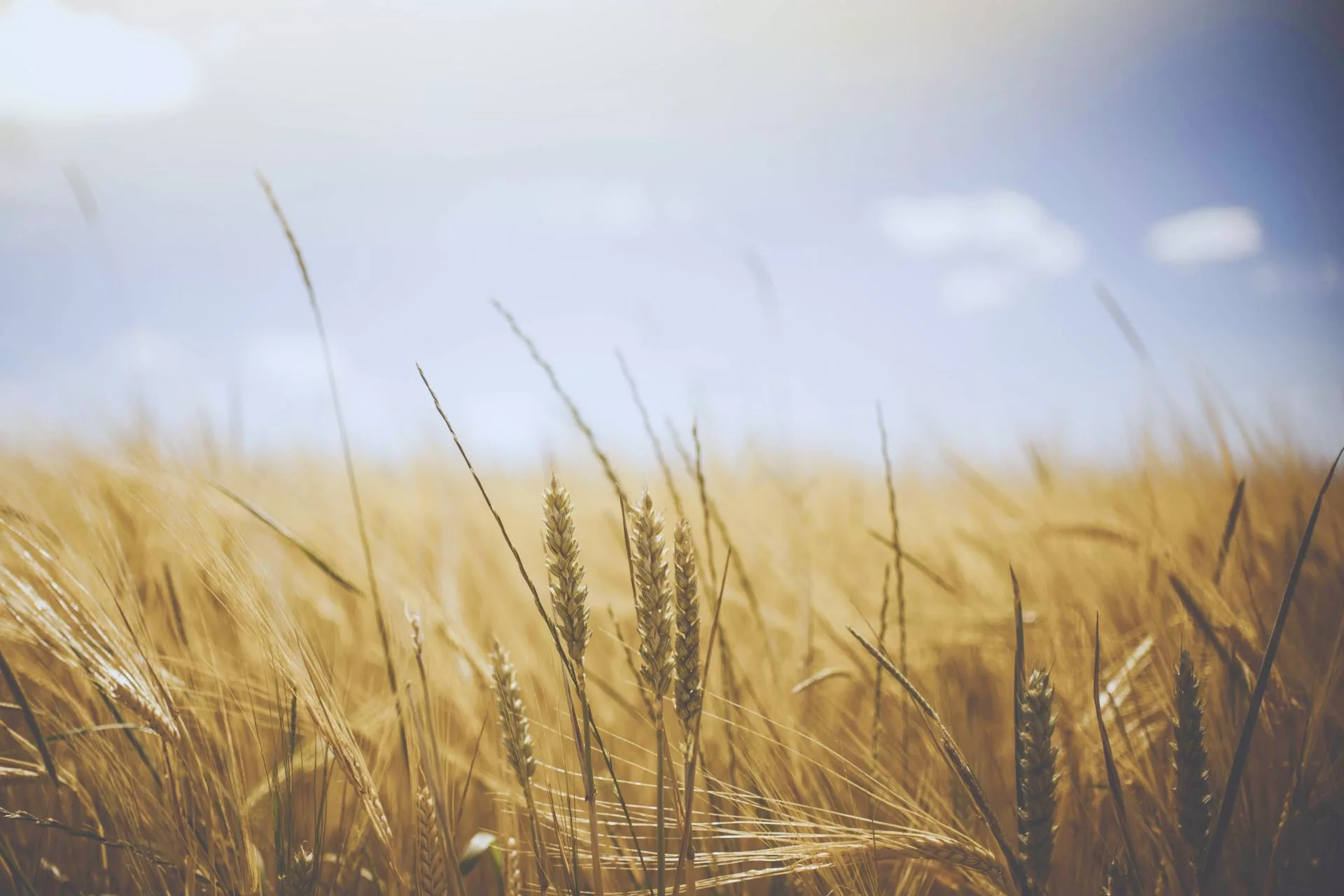
Is organic food climate-friendly?
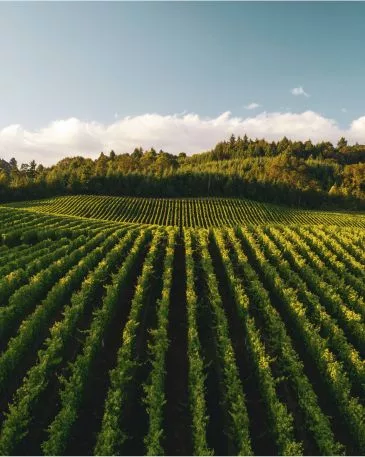
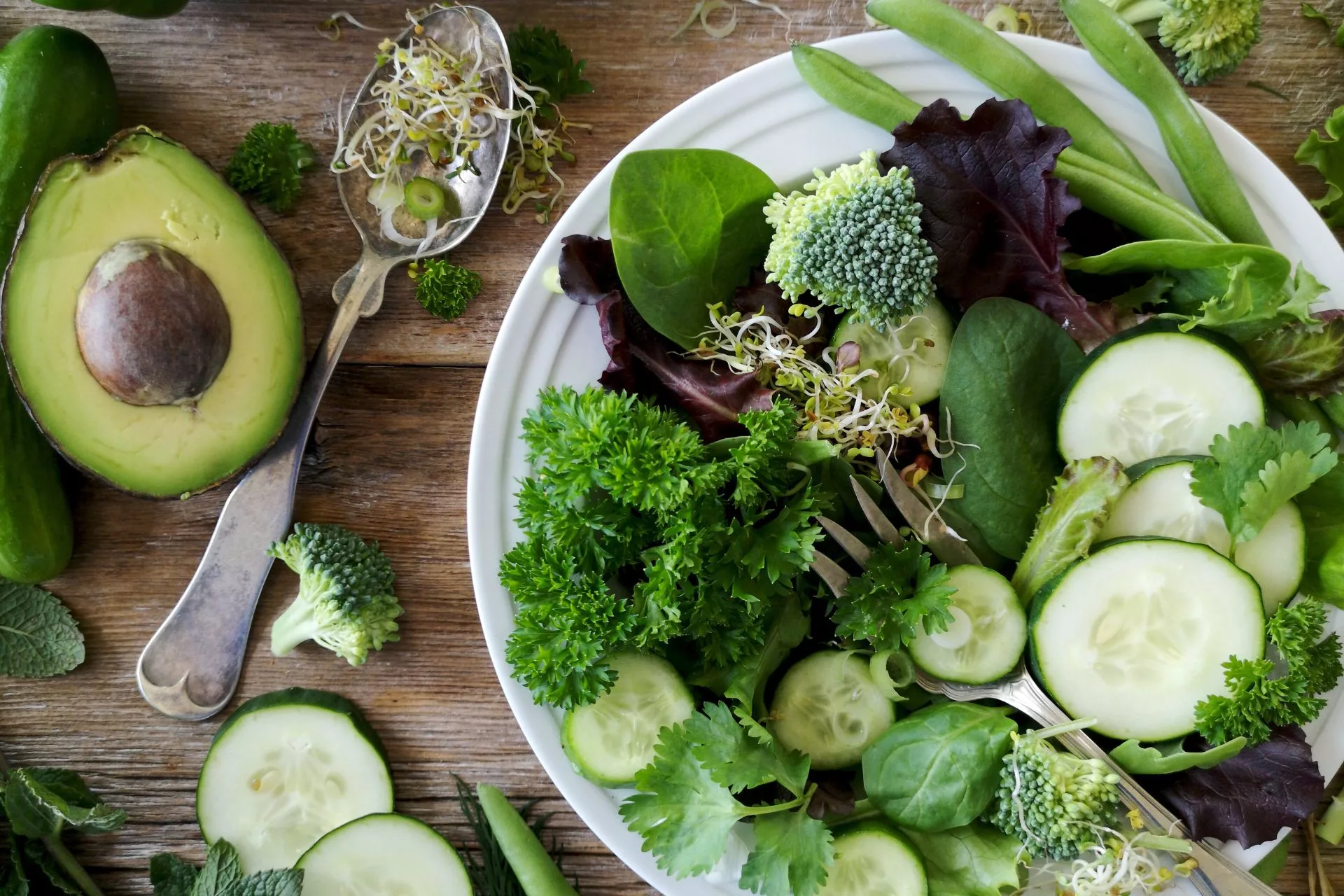
Is organic food healthier?
Some organic food emits more, some less
Not all organic food is the best possbile thing. Organic meat produces lower emissions than non-organic meat, but still more than non-organic plant-based food. A vegan diet of any kind would be good for the planet.
Though, it’s worth mentioning that grazing animals are a key part of organic and regenerative farming systems and most models of how we could reach food net zero by 2050 assume that we’re eating some of this beef and lamb.
Could we go too far?
There are fears that converting all UK farmland to organic would produce less food for the country and lead to more landing being taken from nature to make up for it. At the moment, only 2% of UK farmland is organic so there’s a long way to go. Organic is also just one part of a holistic solution. If we travel on a path to net zero food, we’ll be making other changes, like dietary changes, that will mean we won’t need as much land for food production in total.
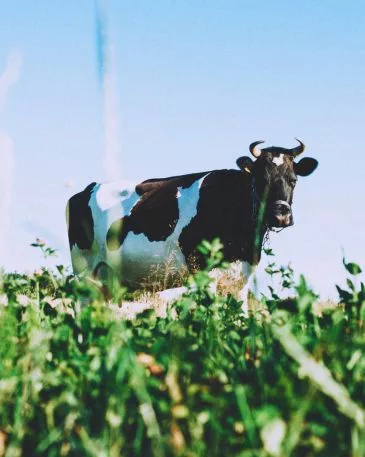
Regenerative & beyond
You could look for food from regenerative or biodynamic farms as these also have a focus on sustainable production in harmony with nature. Though, without the easy-to-recognise organic stamp, it’s often not as easy to identify this produce. It’s also not regulated, so there’s no specific standard this food actually has to conform to, and there’s no control over how rigorously farmers and producers stick to sustainable practices.
Receive my newsletter
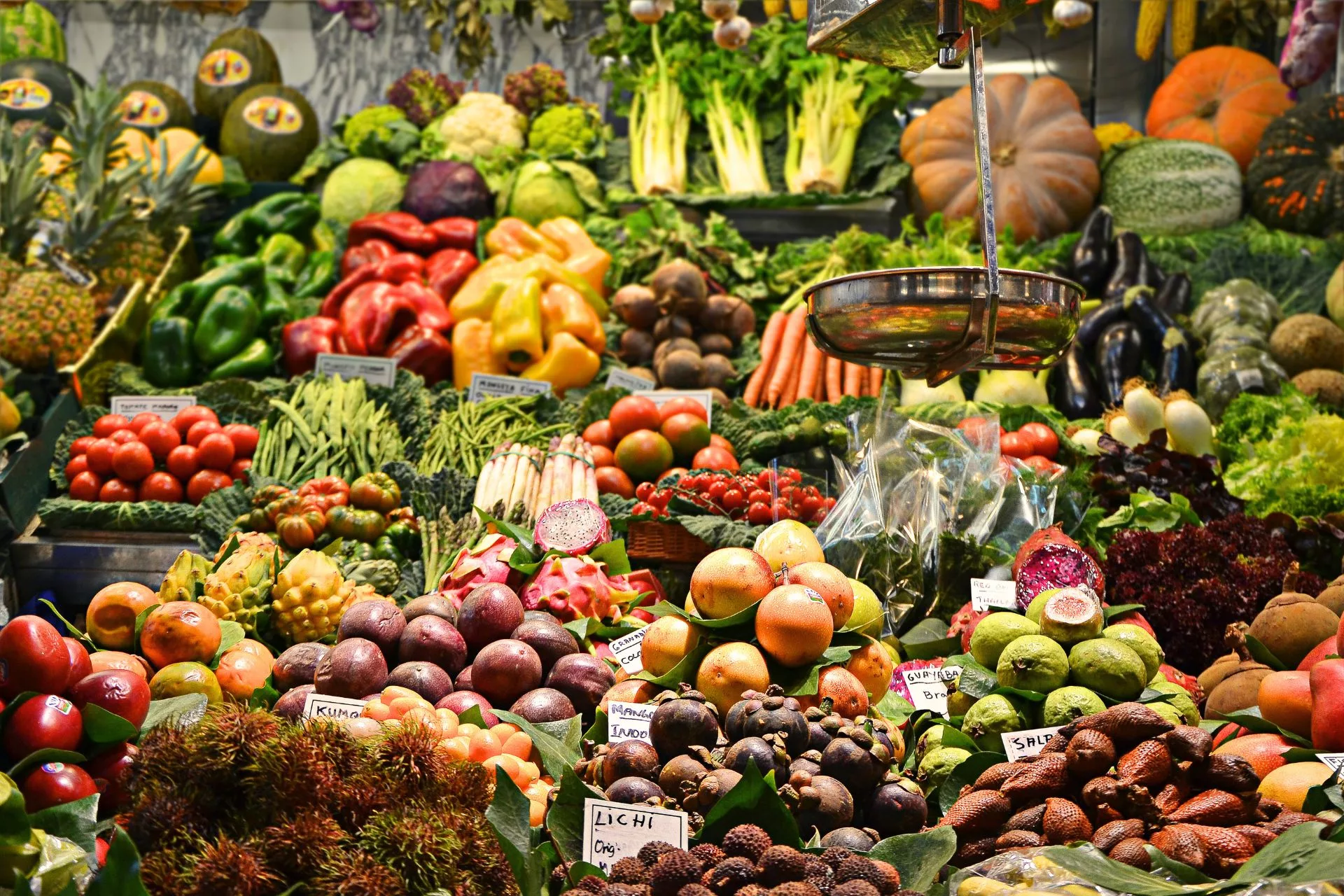
How could you afford organic food?
Food miles still count
It’s not as simple as all organic food being good and non-organic being bad. The climate impact of organic food depends both on how it’s grown and the greenhouse gas emissions in the supply chain from the farm to your plate.
Supermarkets often can’t source organic produce from as close by as they can find other conventionally grown products. So organic food can sometimes be imported from further away and the extra transportation emissions can outweigh those saved during farming.
To avoid this, you can look out for local food – grown and produced regionally, nationally, or imported from nearby countries. The closer to home the better.
It’s much easier to find British food if you know what’s in season. The National Trust Guide to Seasonal Foods tells you what’s likely to be harvested in the UK each month.
Some foods will always need to be imported. For foods that aren’t grown in the UK, even in season, like bananas, you can look to minimise the impact by avoiding air-freighted goods as much as possible.
High tech alternatives
As well as organic, as part of the overall solution to improving our food sustainability, we can look to new farming methods that are at least as efficient as conventional agriculture, and less polluting. Ideas like vertical farming, where food is grown in high-rise stacks.
These new technologies haven’t yet taken off but have potential to free up
For now, they’re unregulated and can make any environmental claims they want. They’re also likely to use synthetic fertilisers. These could well be part of the overall solution to sustainable food production as they could potentially free up land for nature but they’re not currently widespread. Furthermore, history shows that when we become more efficient at growing food and there’s more money in it, the land used for agriculture has expanded.
It’s just one sustainable step
Choosing organic food supports the transition of farms away from conventional, intensive agriculture. Many of the organic and regenerative principles used today will be important in the creation of farming systems that minimise climate change and the impacts our food has on the planet. But improving the way our food is grown is only one piece of the sustainability puzzle.
Research into how a whole food system can be built from the ground up to answer the question of sustainability shows we will need to adopt ecological farming practices like organic at the same time as reducing food miles, reducing our meat and dairy consumption and replacing this with high protein plants,to cut down on land used to grow animal feed.
Organic can be one effective piece of the puzzle, but there’s more that needs to be done.
About me

Katherine Mugan
I’m the founder of Nourishative, the place where I share on science-based food sustainability topics. What we can buy that helps us and our planet thrive, and how we can serve it up so it tastes great.
Image credits: Hero photo by Jacopo Maia on Unsplash. Gallery photo by Angelina Litvin on Unsplash.
Sources:
- Soil Association. “What Is Organic?” Soil Association, https://www.soilassociation.org/take-action/organic-living/what-is-organic/. Accessed 28 July 2023.↩

